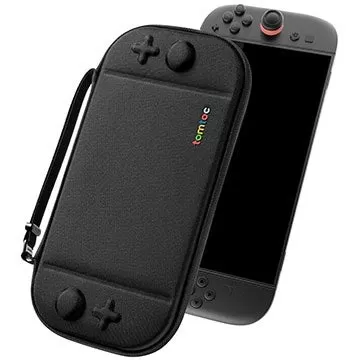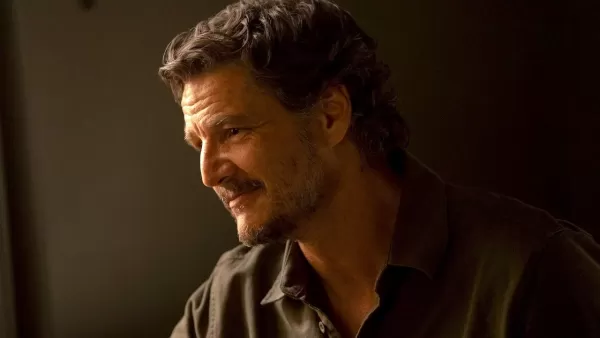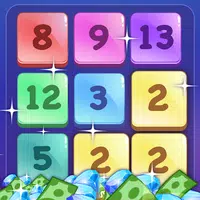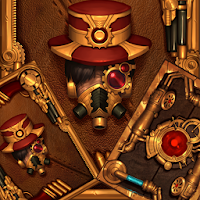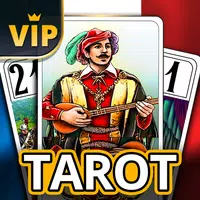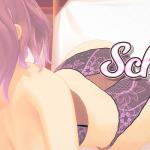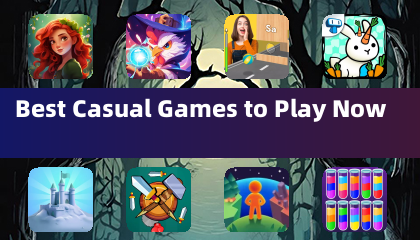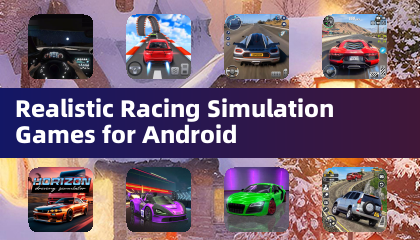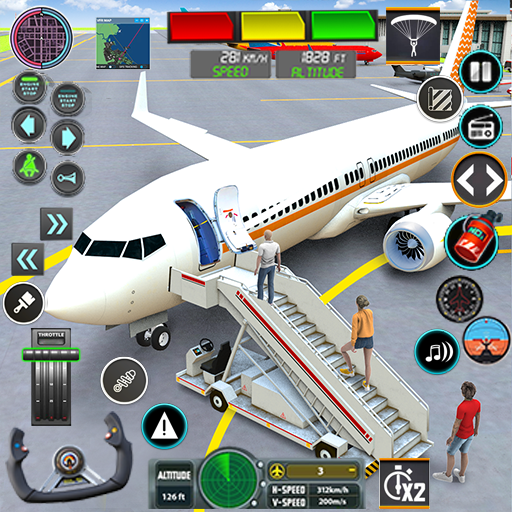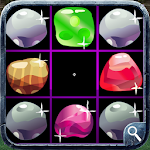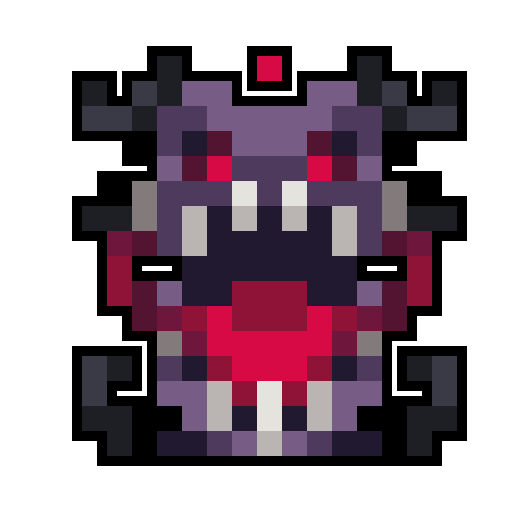The early days of Will Wright’s iconic life simulation games, The Sims 1 and 2, were marked by charming details, immersive mechanics, and quirky surprises that have since been left behind in later iterations. These beloved features, ranging from deeply personal memory systems to unique NPC interactions, defined the magic and charm of the originals. As the series evolved, many of these elements faded away, leaving fans nostalgic for the forgotten gems of the first two games. In this article, we'll delve into these lost features that fans still miss and wish would make a return.
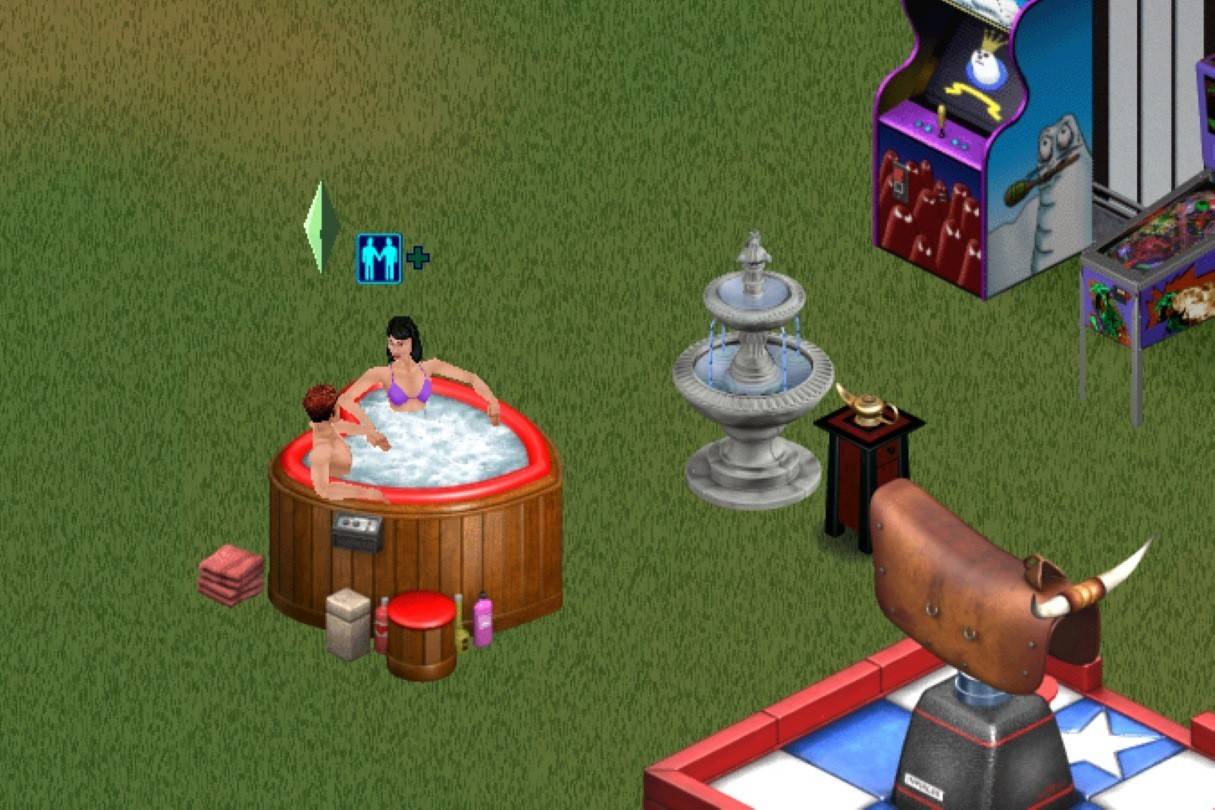 Image: ensigame.com
Image: ensigame.com
Table of Contents ---
The Sims 1
- Authentic Plant Care
- Can’t Pay, Can’t Eat!
- A Genie’s Unexpected Gift
- The School of Hard Knocks
- Realistic WooHoo
- Fine Dining
- Thrills and Spills
- The Price of Fame
- Spellcasting in Makin’ Magic
- Singing Under the Stars
The Sims 2
- Running a Business
- Higher Education, Higher Rewards
- Nightlife
- The Excitement of Apartment Life
- Memories That Last, Love That Doesn’t
- Functional Clocks
- Shop ‘Til You Drop
- Unique NPCs
- Unlocking Hobbies
- A Helping Hand
0 0 Comment on this The Sims 1
Authentic Plant Care
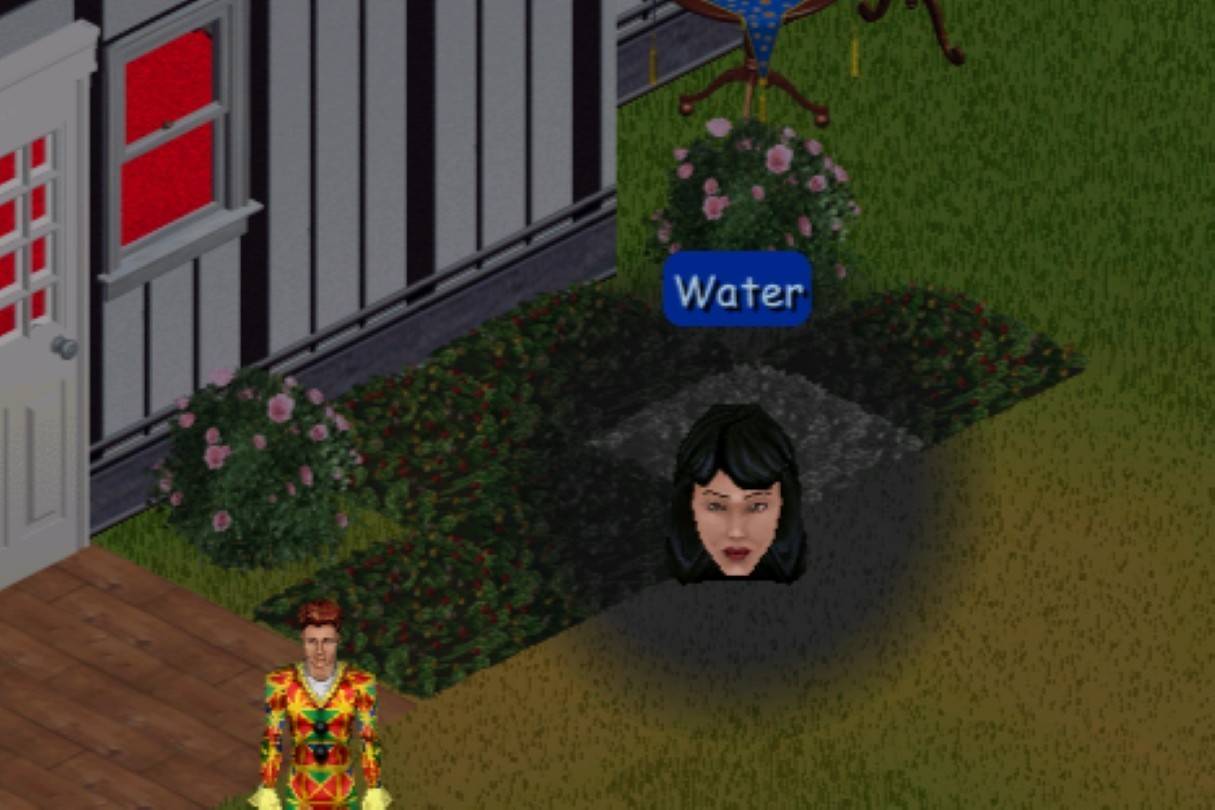 Image: ensigame.com
Image: ensigame.com
In the original game, indoor plants required regular watering to stay healthy. Neglecting them led to withering, impacting not only the home's aesthetics but also lowering the "Room" need, subtly encouraging players to maintain their living spaces.
Can’t Pay, Can’t Eat!
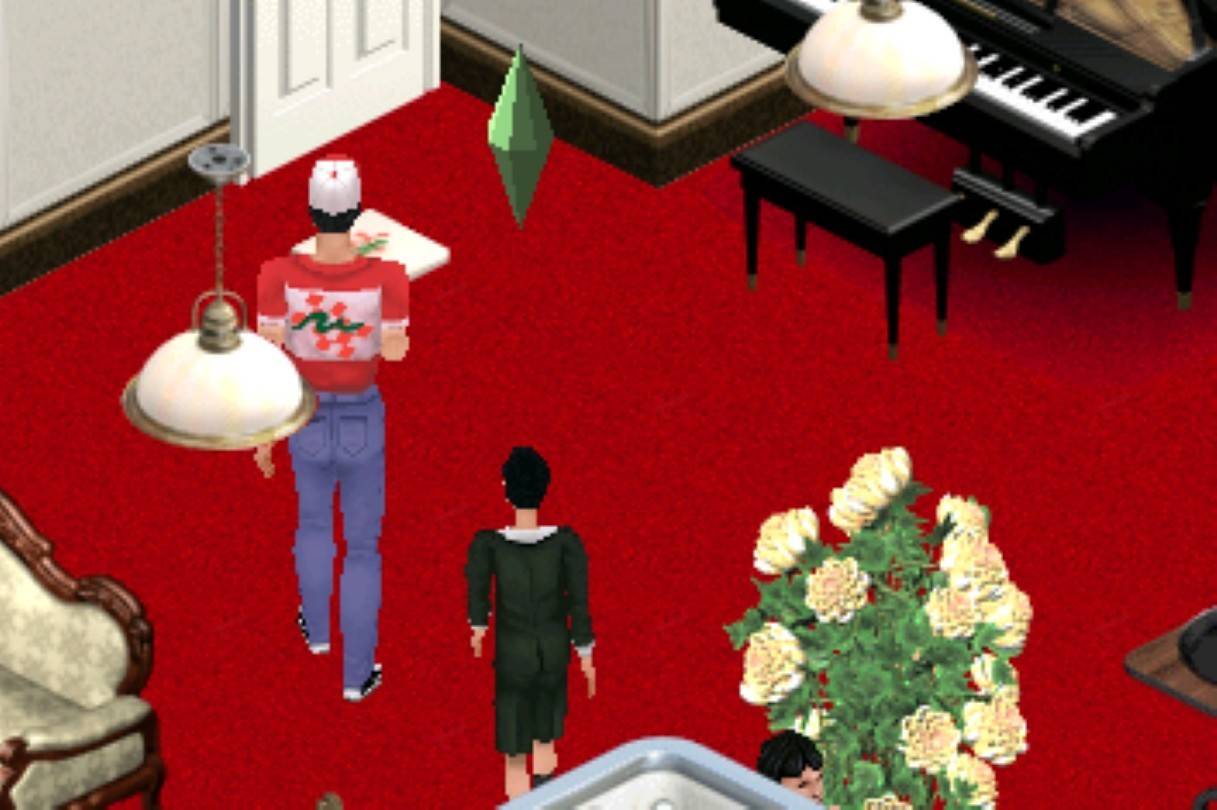 Image: ensigame.com
Image: ensigame.com
Freddy, the pizza delivery man, would become visibly frustrated if your Sim couldn't afford to pay for their order. Instead of simply leaving, he would reclaim the pizza and walk away, adding a humorous touch to the game.
A Genie’s Unexpected Gift
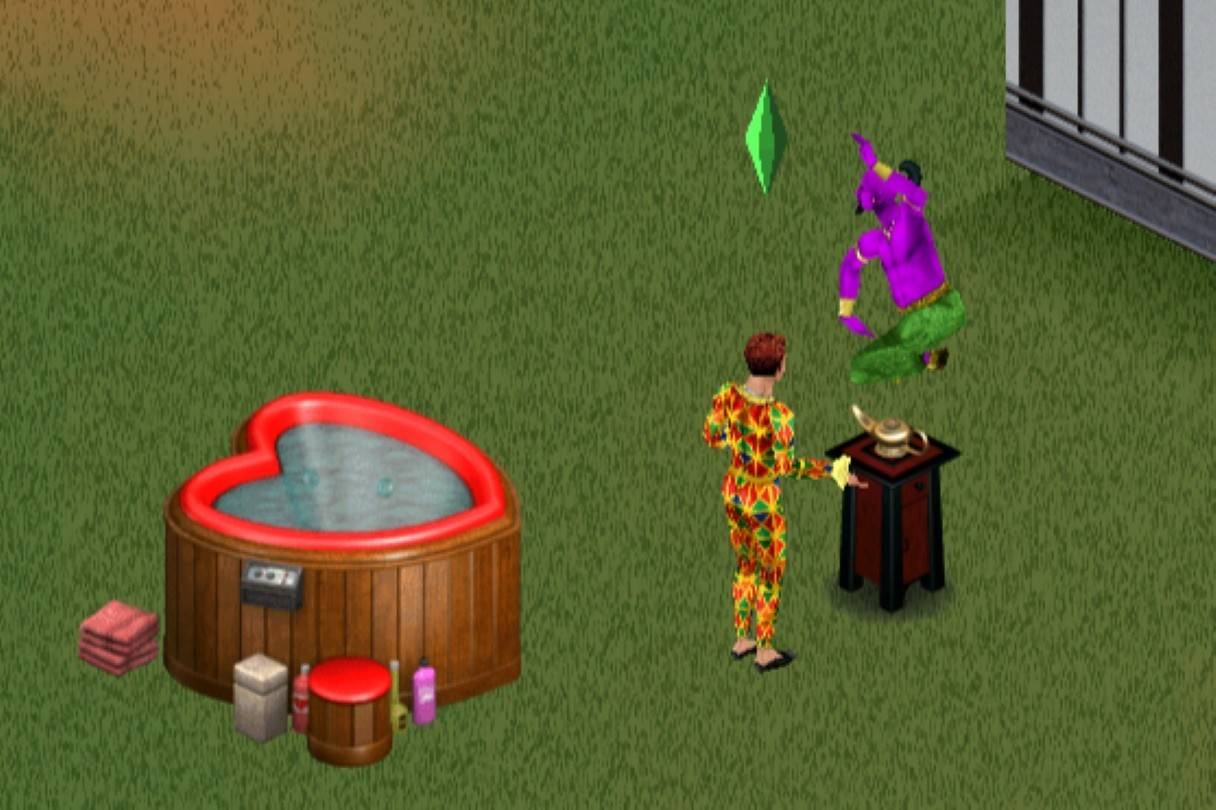 Image: ensigame.com
Image: ensigame.com
The genie lamp, a magical item in the game, could be used once a day, offering various wishes with indefinite effects. One particularly surprising outcome was when the player chose the "water" wish. Instead of a basic water-related boon, there was a rare chance the genie would reward the player with a luxurious hot tub. This unexpected twist was especially delightful during self-imposed challenges like the rags-to-riches scenario, where the hot tub's arrival felt like a stroke of fortune.
The School of Hard Knocks
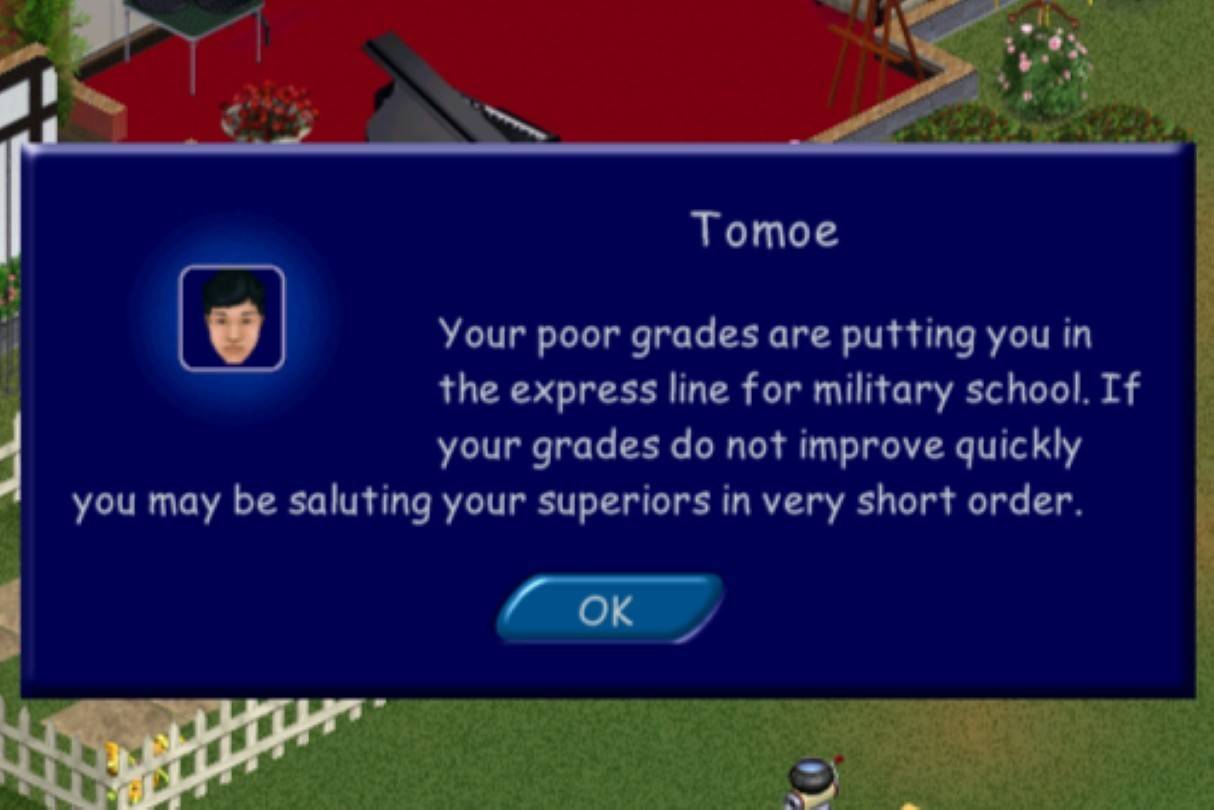
Education played a significant role in Sims' lives, influencing their future and immediate circumstances. Sims who excelled in school received monetary gifts from their grandparents, a welcome boost. Conversely, those who struggled were sent to military school, removed from the household permanently.
Realistic WooHoo
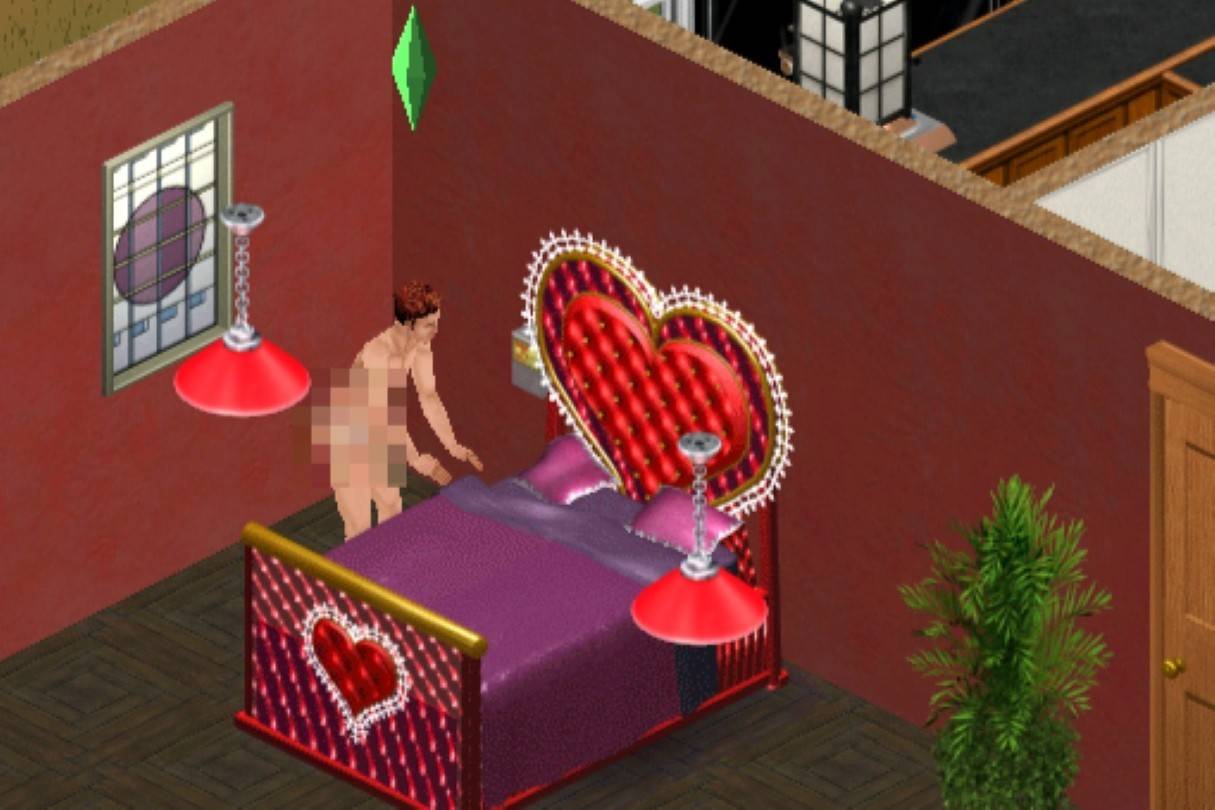 Image: ensigame.com
Image: ensigame.com
WooHoo was portrayed with a surprising level of realism for its time. Before engaging, Sims would undress, and their reactions post-WooHoo varied widely, from crying to cheering, laughing, or showing disgust, adding depth to their interactions.
Fine Dining
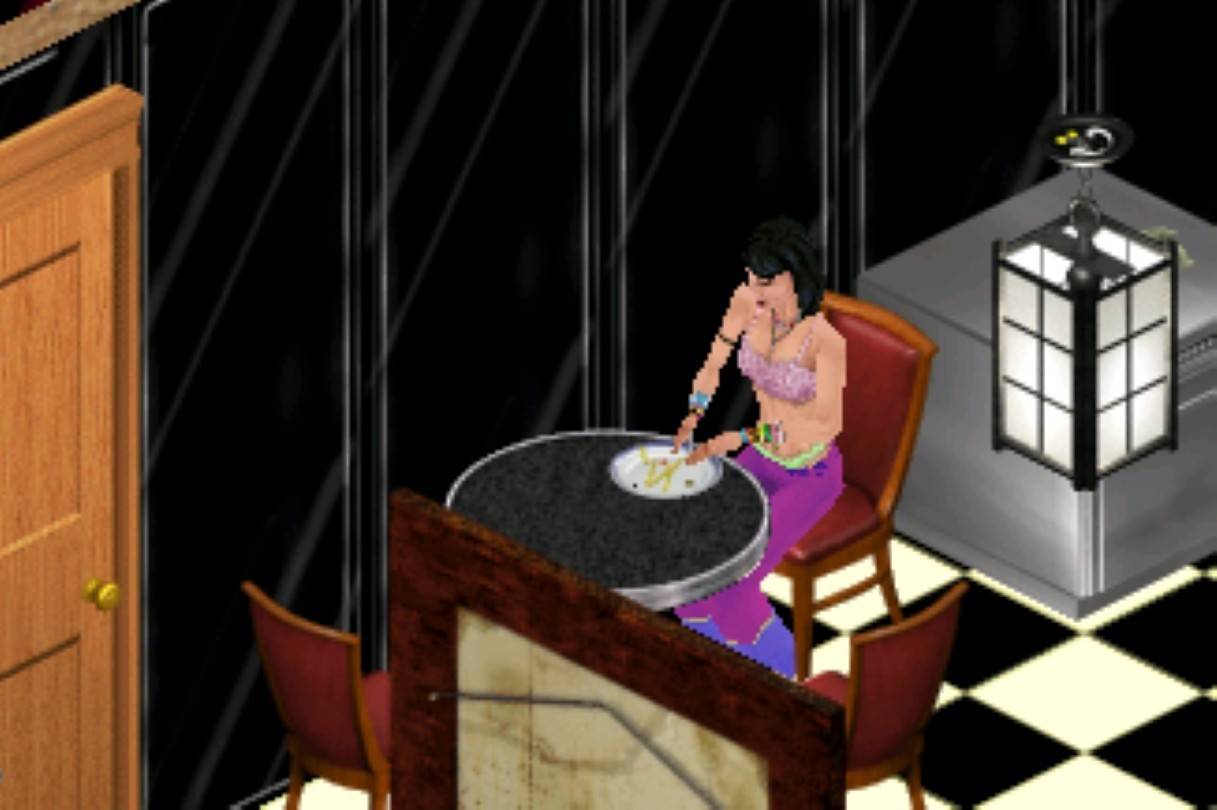 Image: ensigame.com
Image: ensigame.com
Sims would use both a knife and a fork while eating, showcasing a sophistication that players fondly remember, unlike the simplified eating animations in later entries.
Thrills and Spills
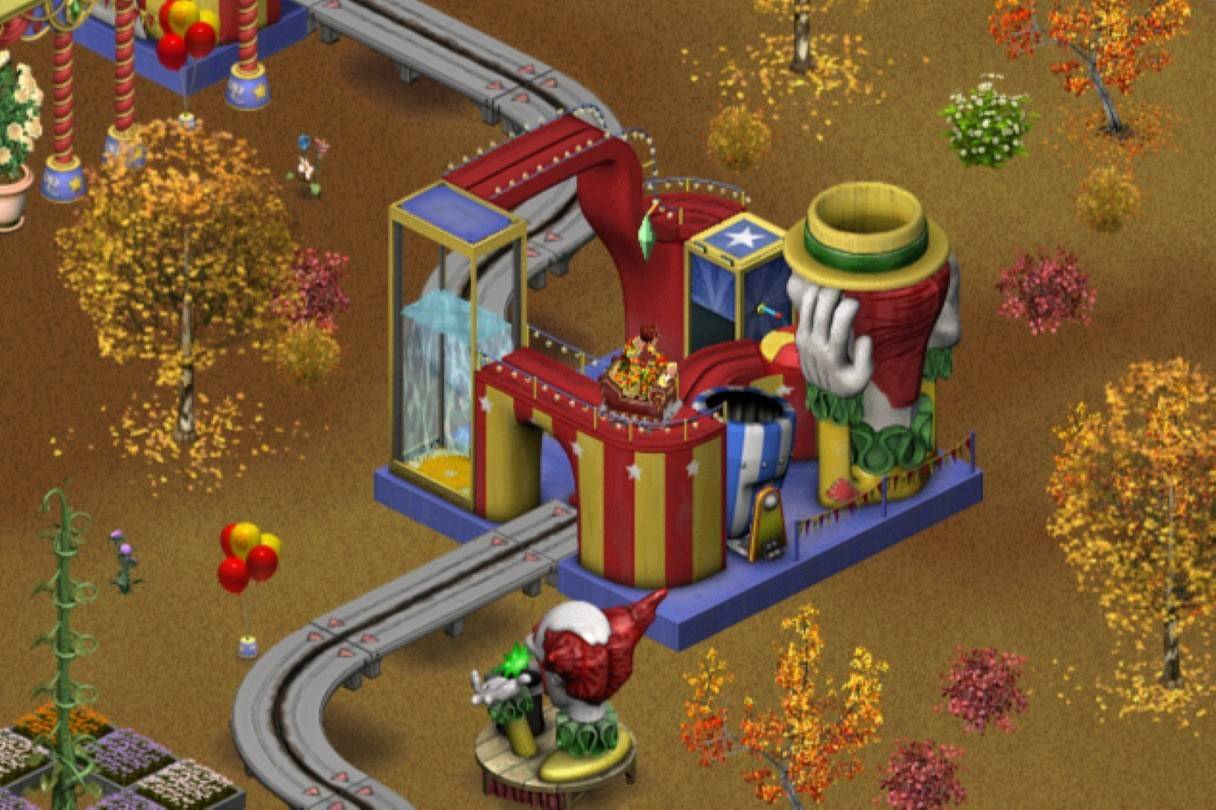 Image: ensigame.com
Image: ensigame.com
In The Sims: Makin’ Magic, roller coasters became an exciting entertainment option. Magic Town featured two distinct roller coasters: one in Clowntastic Land with a circus theme, and another in Vernon’s Vault with a haunted house aesthetic. Players could also build their own roller coasters on other community lots, bringing high-speed excitement to their Sims' world.
The Price of Fame
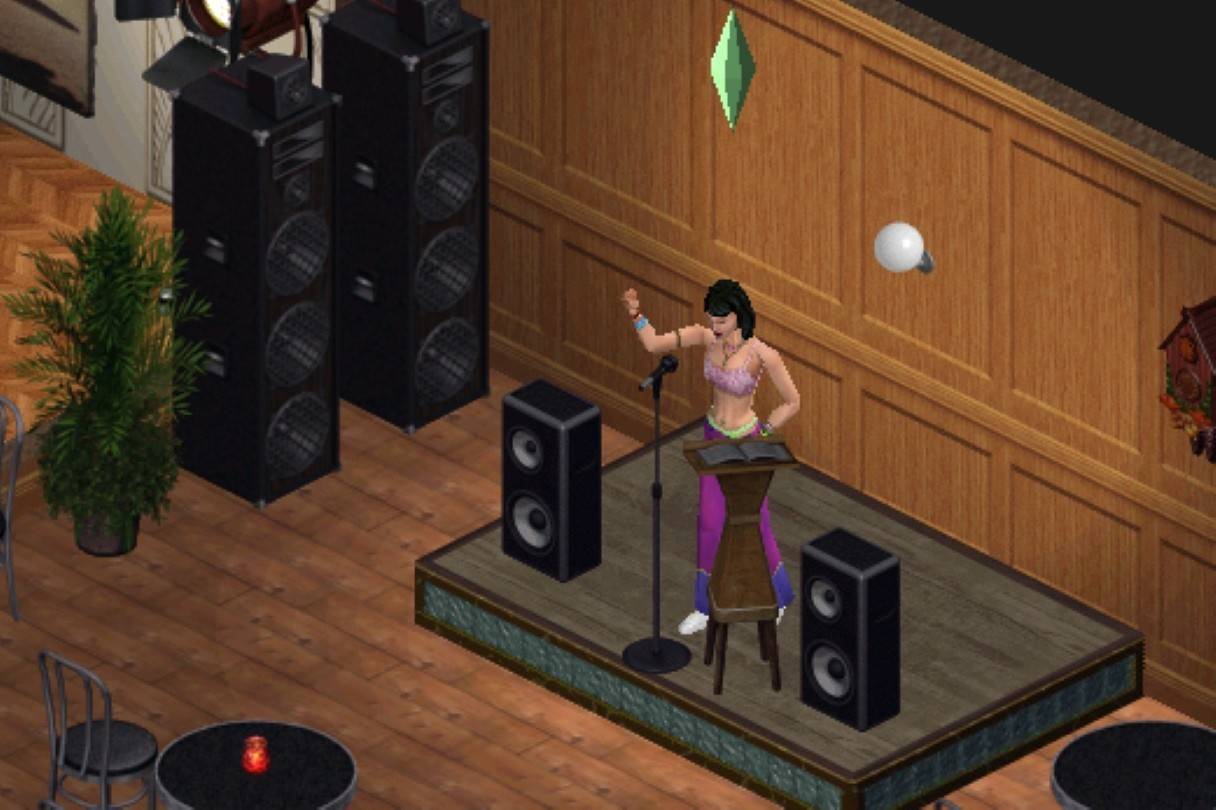 Image: ensigame.com
Image: ensigame.com
In The Sims: Superstar, Sims could pursue stardom through the SimCity Talent Agency, accessed via the Studio Town tabloid. Fame was measured by a five-star Star Power system, with progress based on performances in Studio Town. Success boosted their ranking, while poor performances or neglecting work could diminish their fame. Missing five days in a row risked being dropped by the agency, highlighting the fleeting nature of superstardom.
Spellcasting in Makin’ Magic
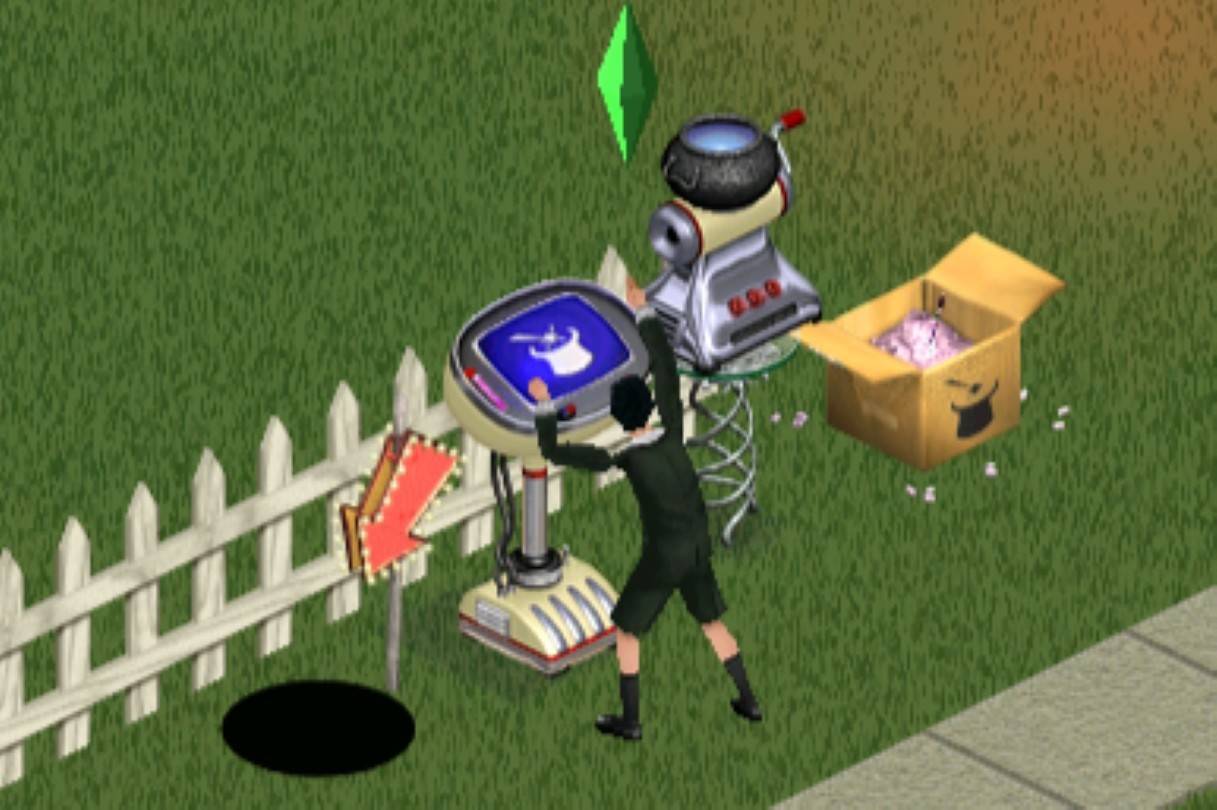 Image: ensigame.com
Image: ensigame.com
The Sims: Makin’ Magic introduced a spellcasting system where Sims could craft spells and charms using specific ingredients, documented in The Start Here Spellbook. This was the only entry where children could become spellcasters, adding a unique layer of magic to the game.
Singing Under the Stars
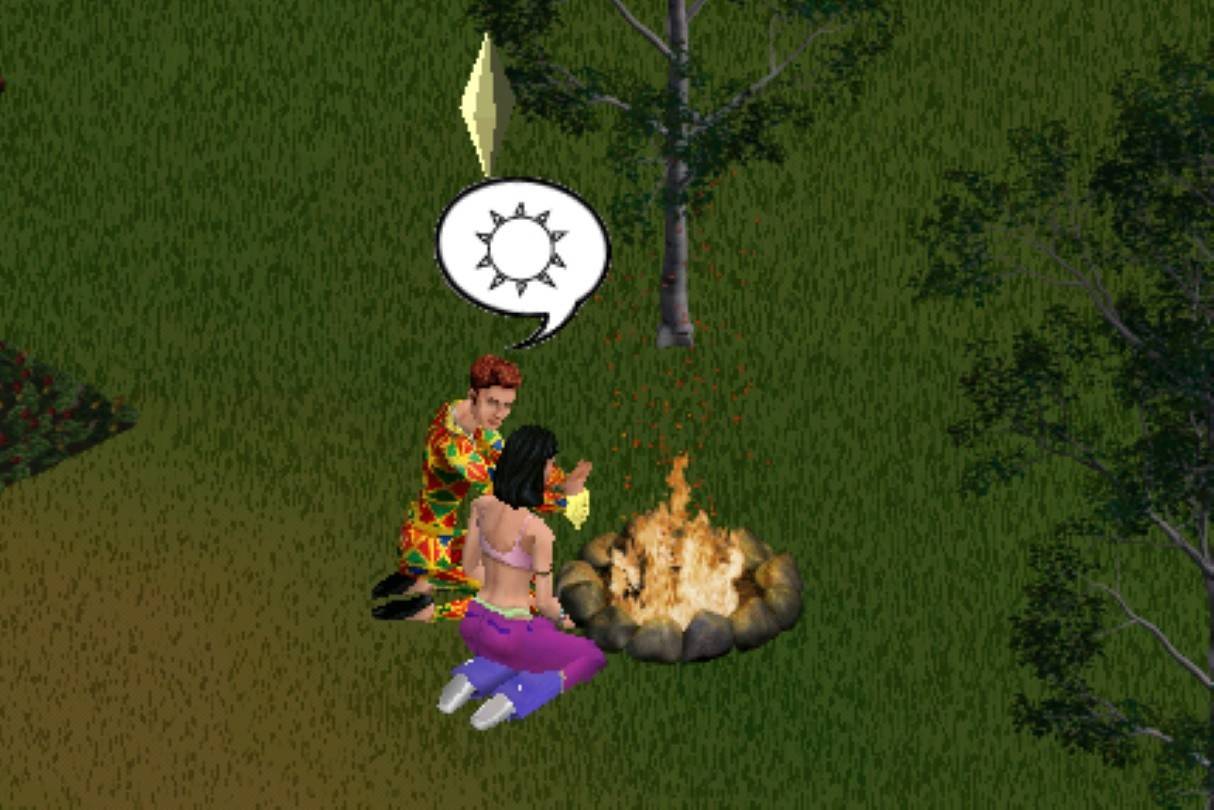 Image: ensigame.com
Image: ensigame.com
Sims could sing folk songs around a campfire, choosing from three melodies. These singalongs added a charming social element, enhancing the outdoor experience and bringing Sims together in a cozy setting.
The Sims 2
Running a Business
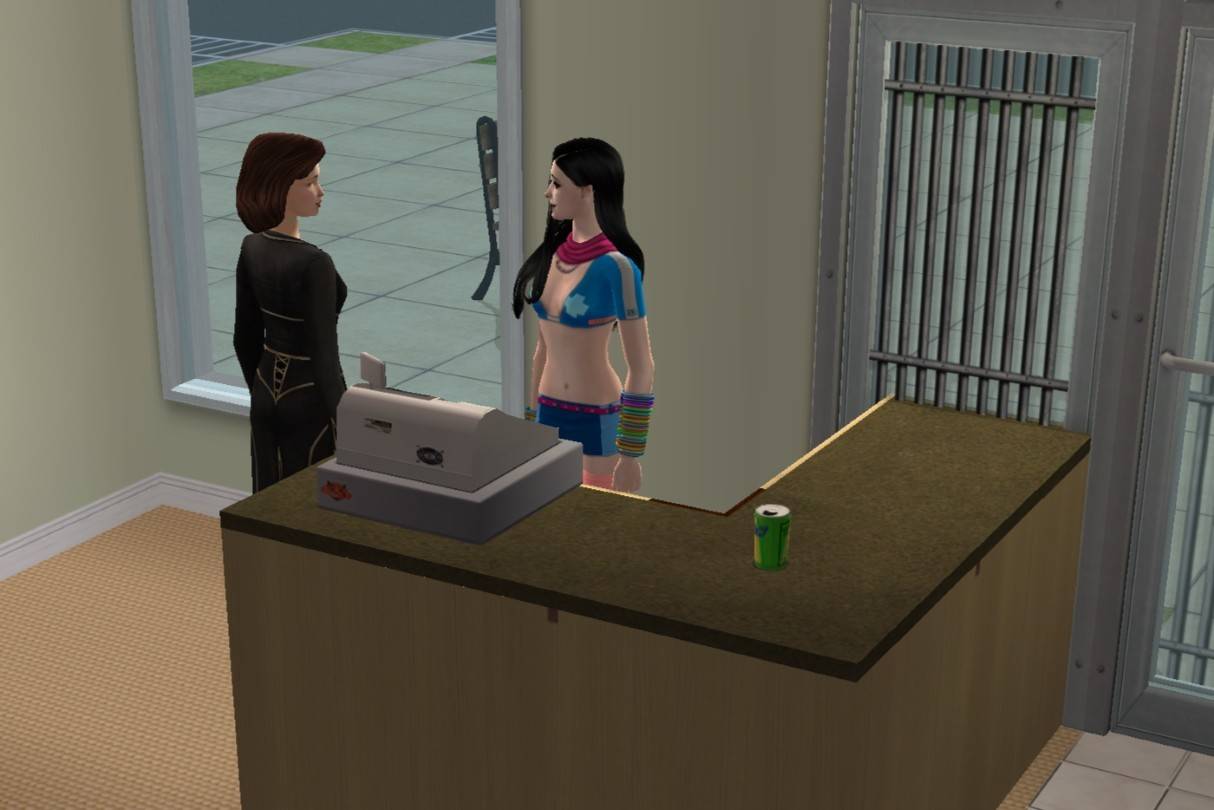 Image: ensigame.com
Image: ensigame.com
Sims could become entrepreneurs, opening businesses from home or dedicated venues. Options ranged from fashion boutiques to restaurants, with the ability to hire employees. As businesses grew, Sims could become moguls or innovate, with employee motivation crucial to success.
Also read: 30 best mods for The Sims 2
Higher Education, Higher Rewards
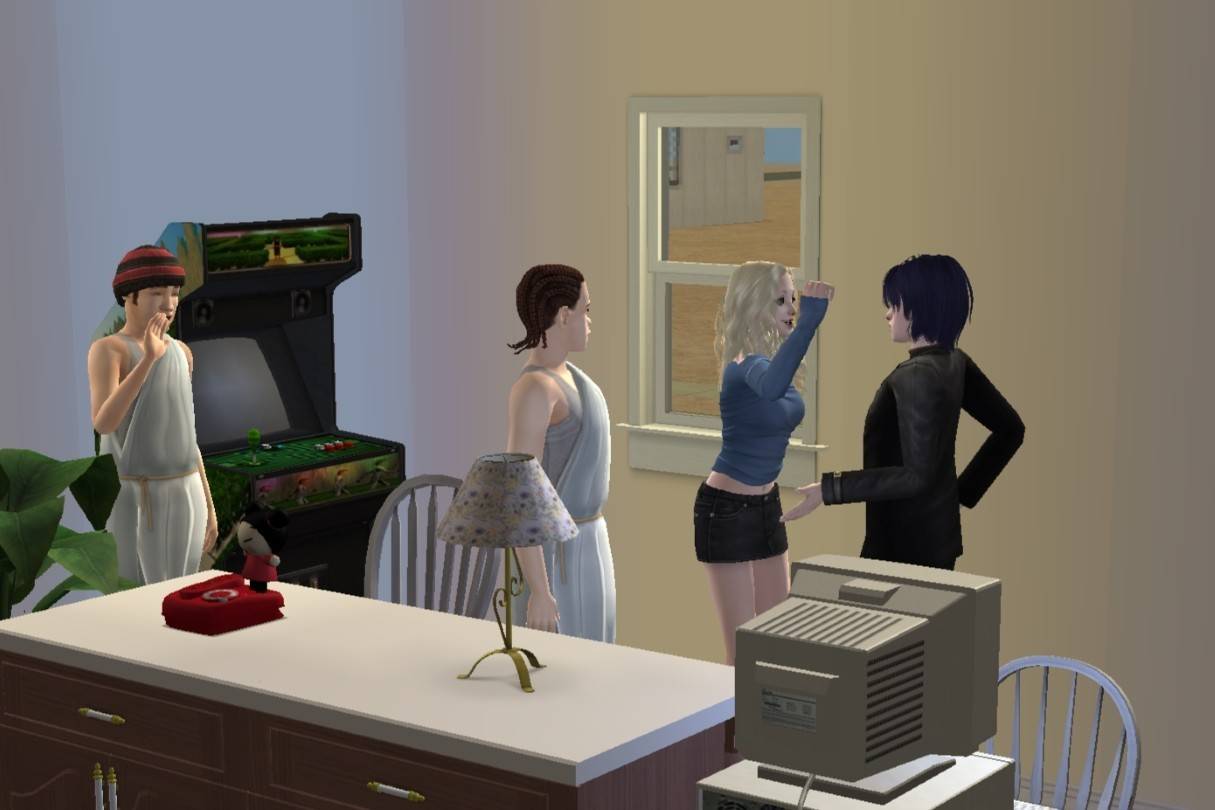 Image: ensigame.com
Image: ensigame.com
With The Sims 2: University, teens could transition into young adulthood by enrolling in college. Living in dorms, Greek houses, or private residences, they balanced academics across ten majors, social circles, and relationships. Graduation unlocked advanced career opportunities, making higher education a gateway to success.
Nightlife
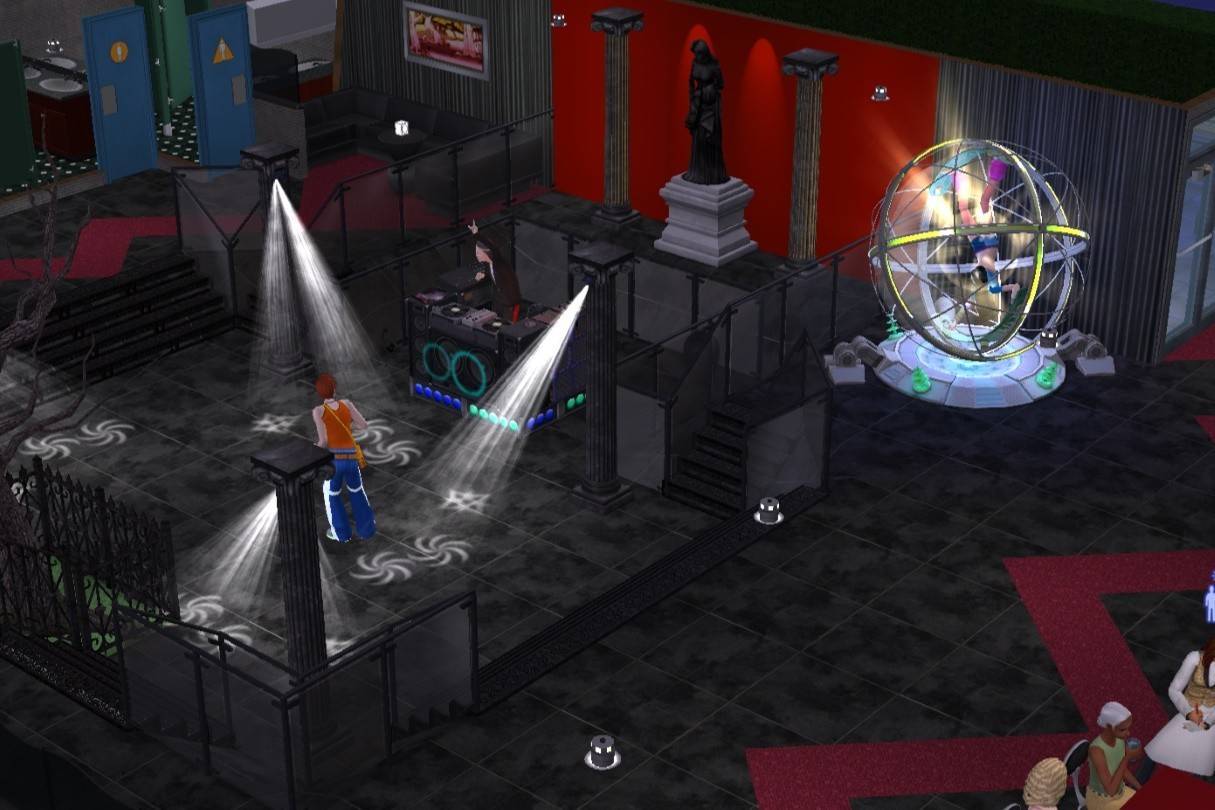 Image: ensigame.com
Image: ensigame.com
This expansion introduced inventories, new social interactions, and over 125 objects. Romantic pursuits became dynamic, with NPC dates leaving gifts or hate letters based on the evening's success. New characters like DJs, a Gypsy matchmaker, Mrs. Crumplebottom, and grand vampires added depth to the game.
The Excitement of Apartment Life
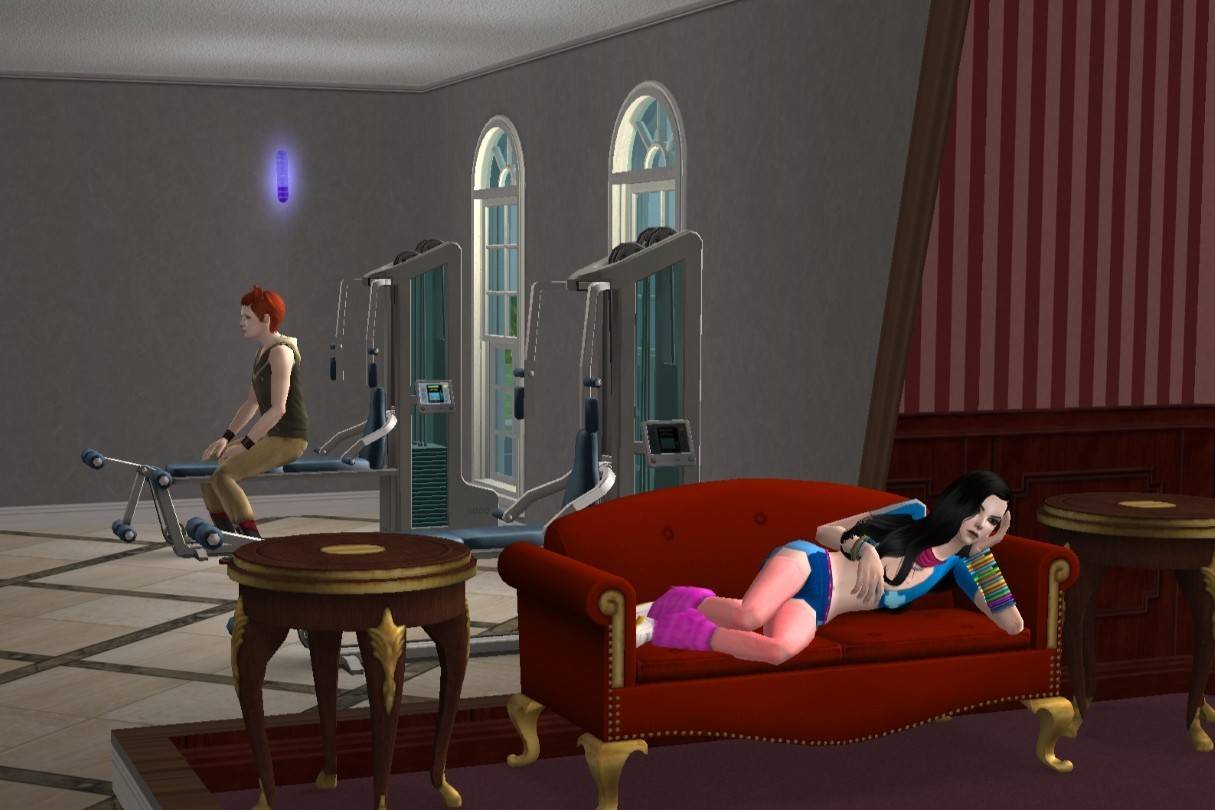 Image: ensigame.com
Image: ensigame.com
As the final expansion, Apartment Life introduced living in bustling apartment buildings. Close quarters fostered friendships, career connections, and romance. From trendy lofts to luxurious apartments with butlers, urban life was full of opportunities.
Memories That Last, Love That Doesn’t
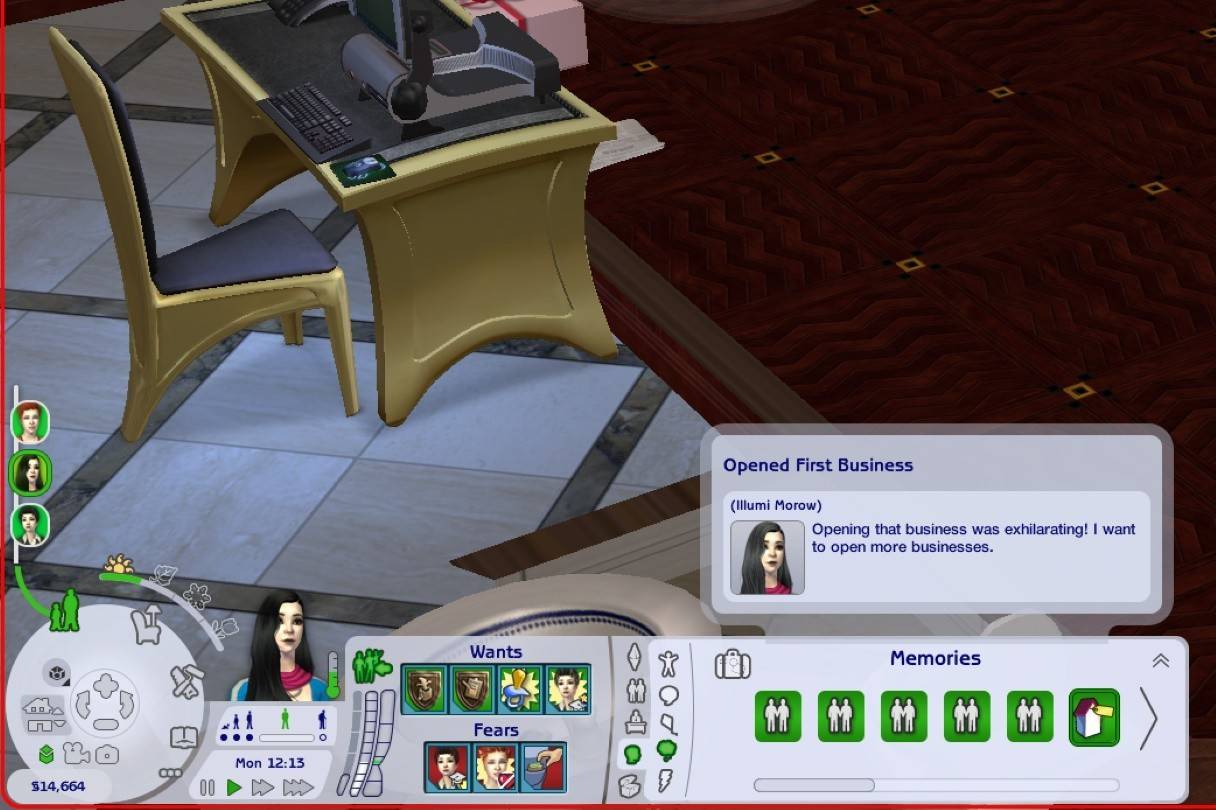 Image: ensigame.com
Image: ensigame.com
The Sims 2 introduced a memory system where Sims remembered major life events, shaping their personalities and interactions. Unrequited relationships added realism and drama, as Sims could develop deep feelings that went unreciprocated.
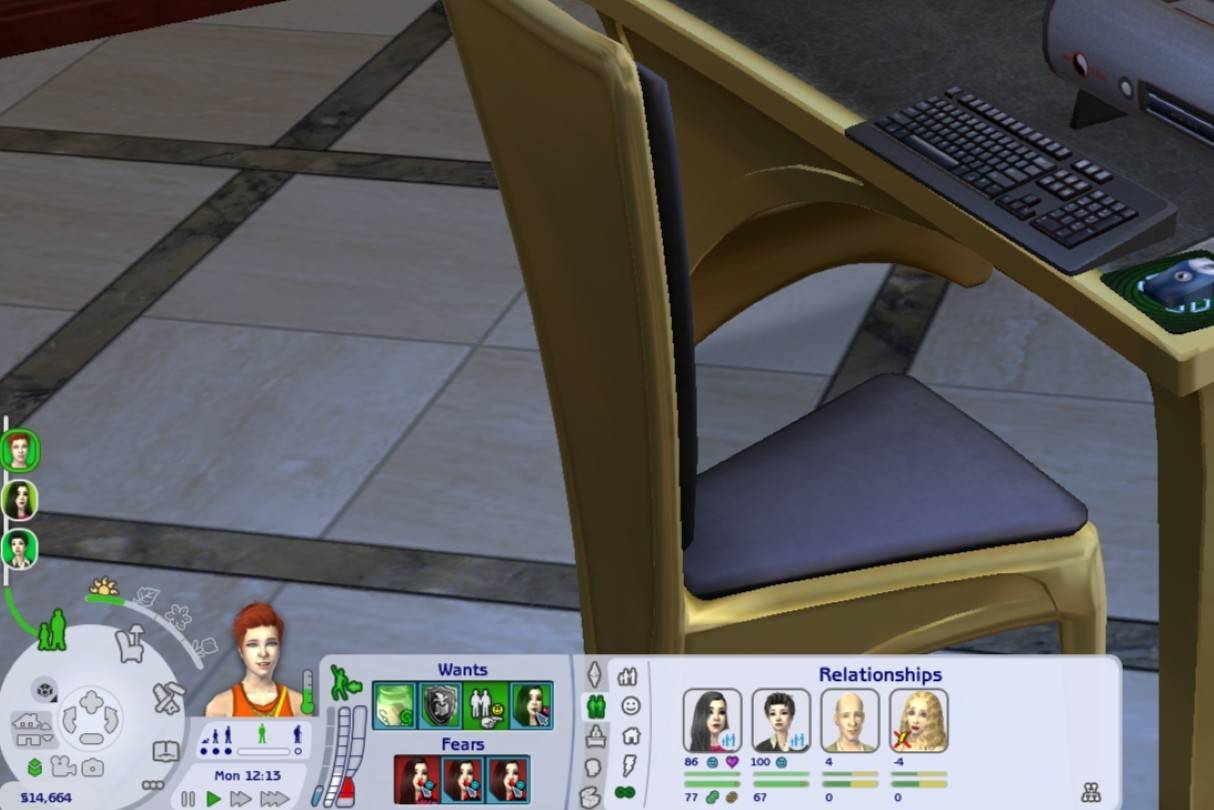 Image: ensigame.com
Image: ensigame.com
Functional Clocks
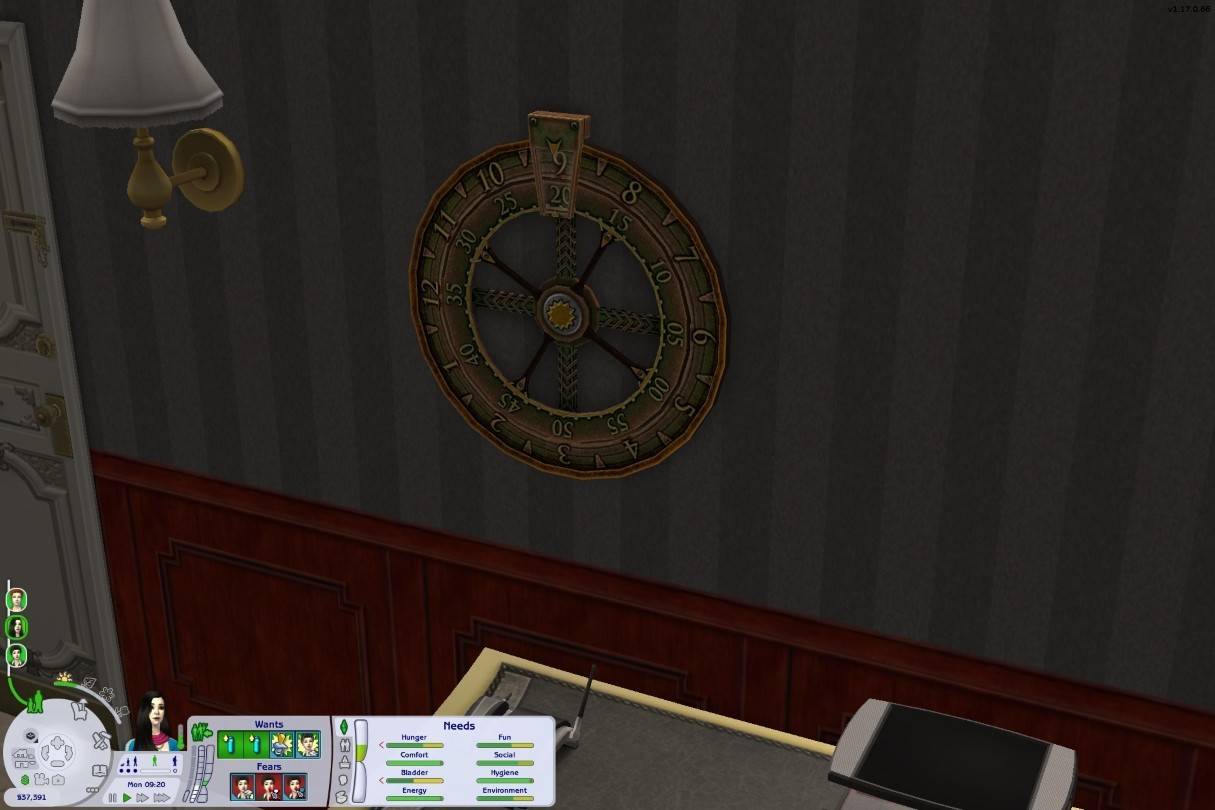 Image: ensigame.com
Image: ensigame.com
Clocks displayed the actual in-game time, whether wall clocks or grandfather clocks, allowing players to track hours without relying solely on the interface.
Shop ‘Til You Drop
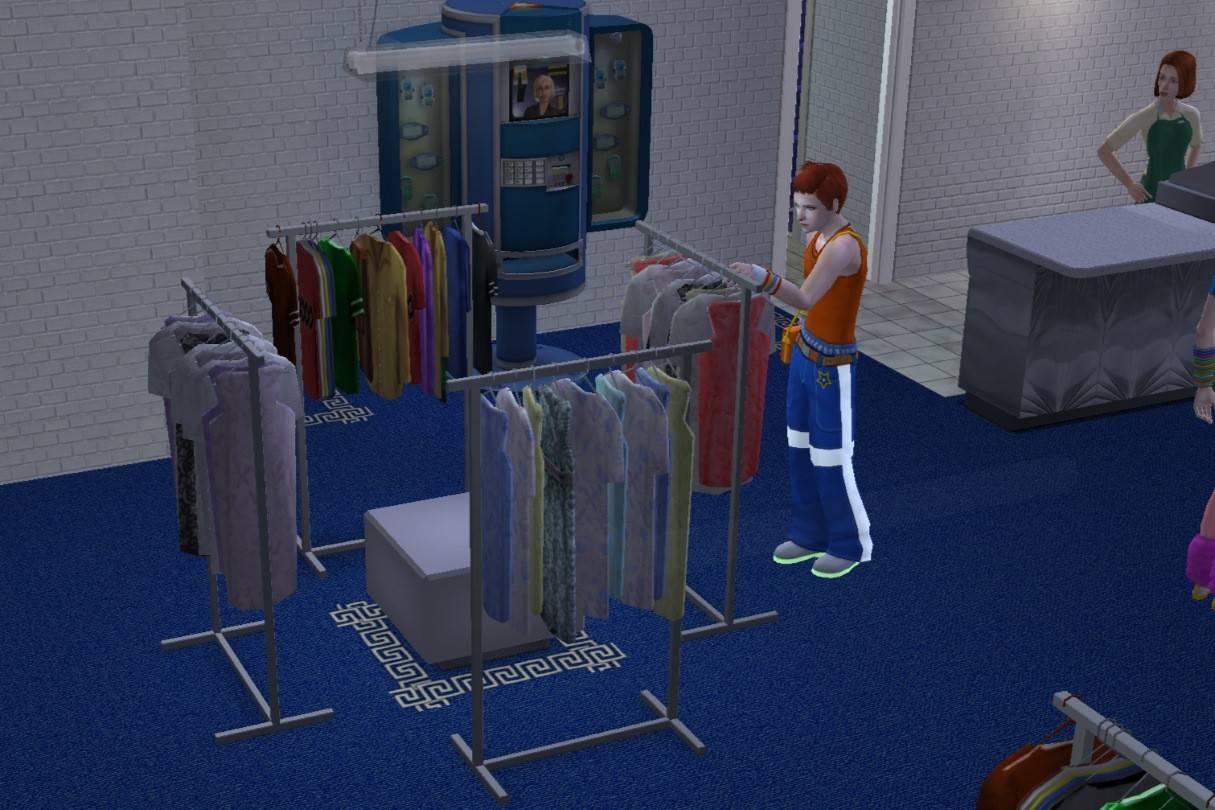 Image: ensigame.com
Image: ensigame.com
Sims had to shop for food and clothing, as refrigerators didn't stay stocked magically. Newly aged-up Sims needed to buy new outfits to avoid wearing ill-fitting clothes.
Unique NPCs
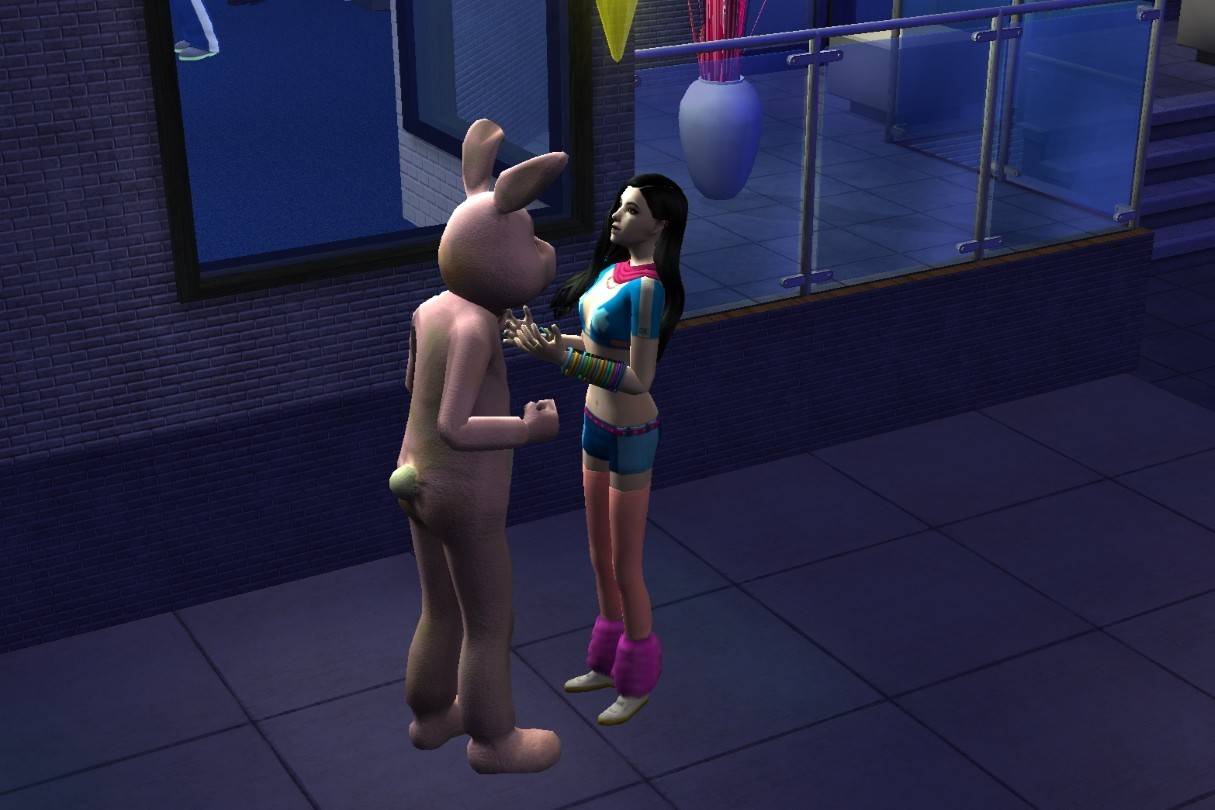 Image: ensigame.com
Image: ensigame.com
The Social Bunny appeared when a Sim's social needs plummeted, providing company. The Therapist intervened during full-blown breakdowns, adding depth to Sims' mental health.
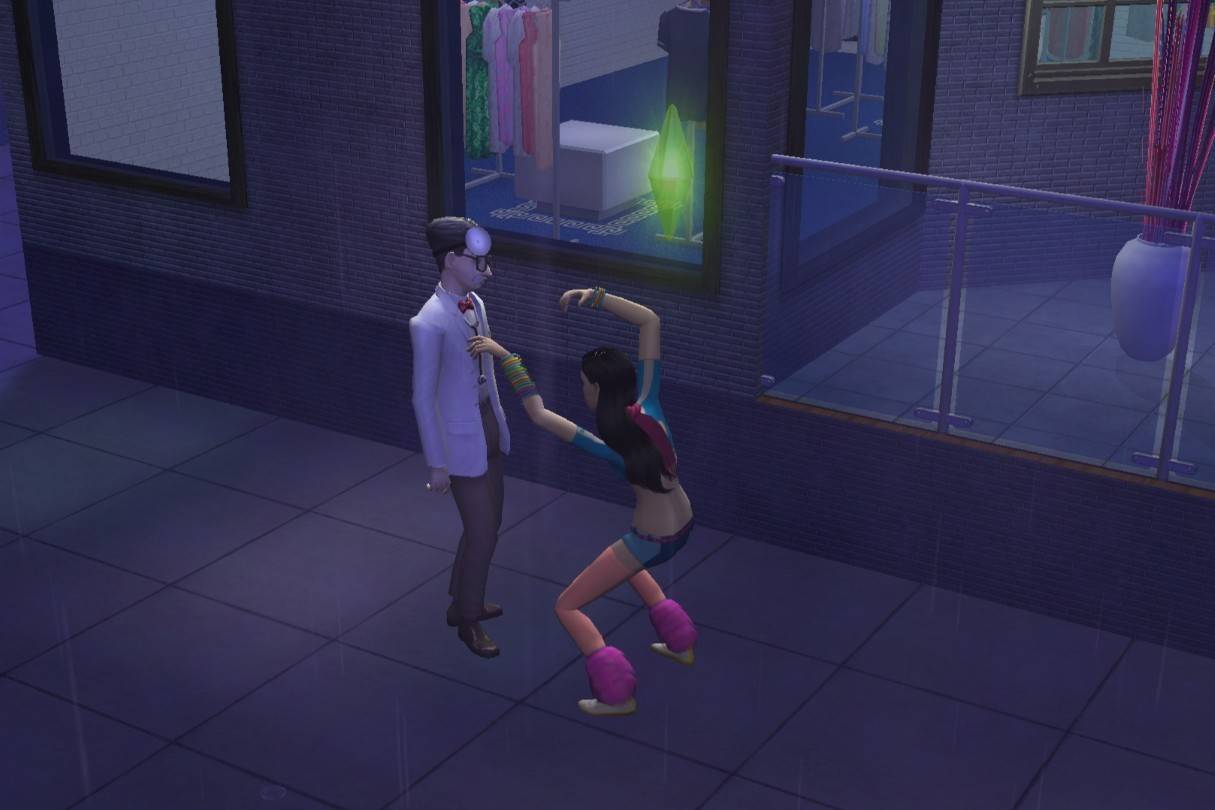 Image: ensigame.com
Image: ensigame.com
Unlocking Hobbies
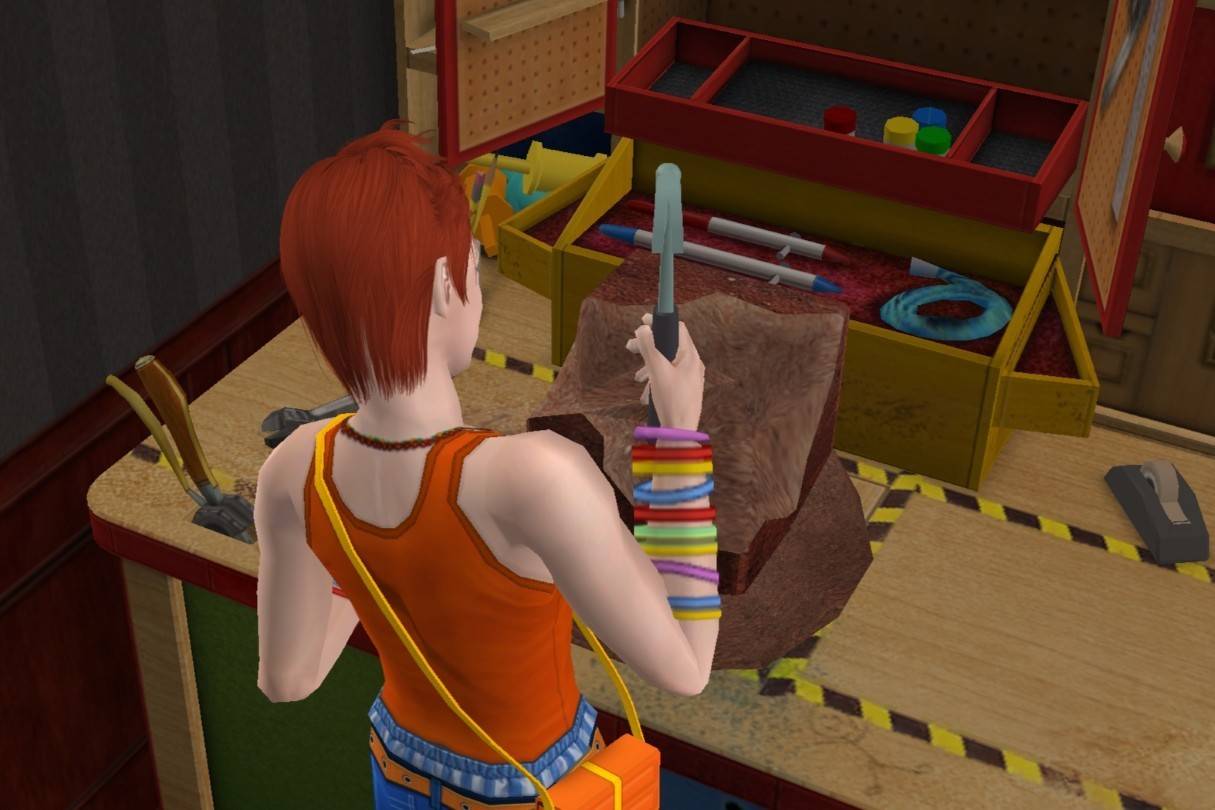 Image: ensigame.com
Image: ensigame.com
With FreeTime, Sims could engage in hobbies like football, car restoration, or ballet, fostering skill-building, friendships, and personal fulfillment. Excelling in hobbies unlocked secret rewards and exclusive career opportunities.
A Helping Hand
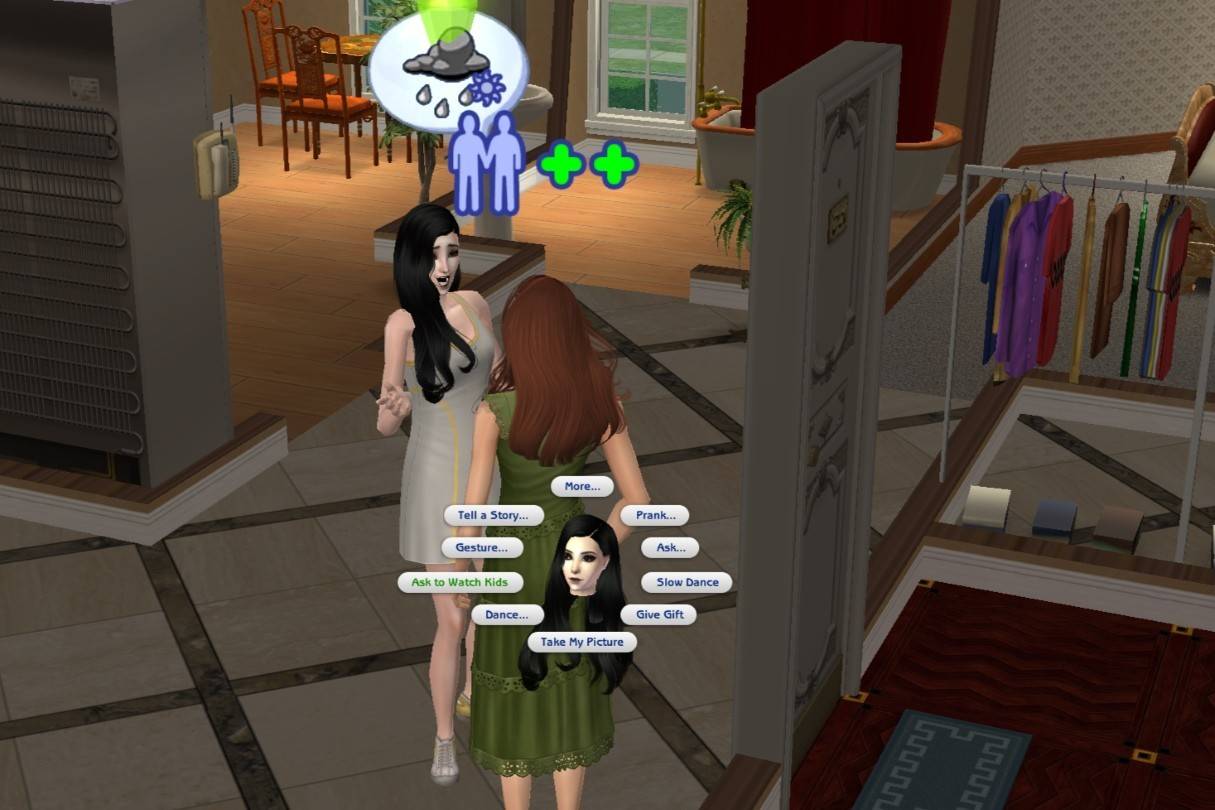 Image: ensigame.com
Image: ensigame.com
Sims with strong relationships with neighbors could ask for help in caring for their children, offering a personal alternative to hiring a nanny.
The Sims 1 & 2 were groundbreaking with their depth, creativity, and unique features. While these may never return, they remain a nostalgic reminder of the unique experiences that made the Sims franchise special in its early days.

